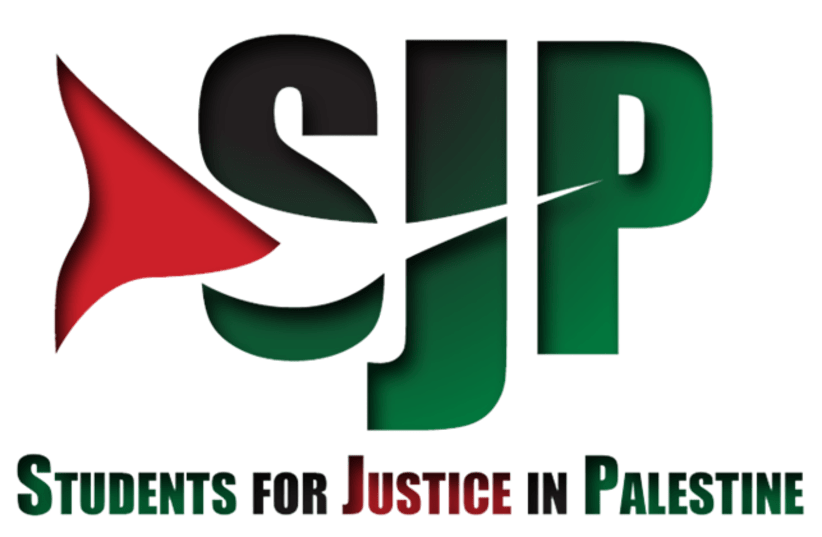The US Department of Education has opened an investigation into the University of California Los Angeles for possible discrimination against Jews as a group, for having hosted a national conference of the anti-Zionist Students for Justice in Palestine organization on its campus in November 2018.The Zachor Legal Institute submitted a complaint against UCLA at the time. The department’s Office for Civil Rights wrote to Zachor last week to inform the organization that it “is appropriate to open an investigation concerning the Student’s allegations of harassment on the basis of shared ancestry.”SJP is a vocal and prominent pro-Palestinian advocacy group, which has strongly promoted the Boycott, Divestment and Sanctions (BDS) campaign against Israel and is opposed to the Jewish state.On its 2018 national conference website, it stated in one of the goals of the conference that “Zionism is a human ideology and a set of laws that have been challenged and can be destroyed,” and that “Zionism is ethnic cleansing, destruction, mass expulsion, apartheid and death.”Zachor contacted UCLA’s administration to challenge its decision to host the SJP conference, but was rebuffed.When the conference began, Zachor received numerous reports of discrimination from students at UCLA, and so filed a complaint with the department under Title VI of the Civil Rights Act.In its letter to Zachor, the Department of Education said that it was “appropriate to open an investigation” due to allegations of “harassment on the basis of shared ancestry.”Specifically, the department will be looking at UCLA’s failure to respond appropriately to the complaint of a student, “that he was subjected to harassment that created a hostile environment based on shared ancestry.”THE DEPARTMENT of Education has also opened a separate investigation into UCLA following a complaint by the StandWithUs organization under Title VI of the Civil Right’s Act over a guest lecture by San Francisco State University Professor Rabab Abdulhadi, who described the State of Israel as a racist endeavor, denied its right to exist and characterized Zionists as white supremacists, during a lecture he gave to an anthropology class.After UCLA student Shayna Lavi challenged Abdulhadi during the class, StandWithUs and Lavi allege that the professor then verbally harassed Lavi, and that in subsequent class sessions, Lavi was also harassed by her professor Kyeyoung Park, who invited the guest lecturer.StandWithUs said that Lavi informed UCLA administration, “which failed to respond adequately or effectively.”The organization’s co-founder and CEO, Roz Rothstein, said in response to the opening of the investigation that, “students should never be subjected to discrimination, harassment or retaliation by their professors after standing up for themselves, their identity, and their community.”She argued that “Zionism is an integral part” of the Jewish identity of many Jews, and said university administrators “should be in the business of protecting students against conduct that marginalizes and demonizes them, not giving such hate a free pass.”In December, US President Donald Trump signed an executive order which for the first time explicitly applied protections against discrimination under Title VI of the Civil Right’s Act to Jews facing antisemitism.In addition, the executive order said that when enforcing complaints under Title VI, executive departments and agencies should “consider” the working definition of antisemitism drafted by the International Holocaust Remembrance Alliance.The IHRA definition states explicitly that antisemitism includes, “denying the Jewish people their right to self-determination, e.g., by claiming that the existence of a State of Israel is a racist endeavor,” and “applying double standards” by requiring of Israel “a behavior not expected or demanded of any other democratic nation.”It is unclear if the recent announcement of investigations into UCLA are a response to the executive order passed by Trump.Zachor Legal Institute’s co-founder and president, Marc Greendorfer, said in response to the investigation announcement that “antisemitic hate groups have been given free rein to create hostile environments on college campuses” in federally funded programs.“This type of discrimination has always been contrary to federal civil rights law and, thanks to the effects of the recent Executive Order on Combating Antisemitism and the Office for Civil Rights, the Department of Education now has clear guidance on how to deal with the toxic effects of all types of campus antisemitism,” said Greendorfer.“We are not asking for special treatment; rather, we are simply seeking an equal and consistent application of anti-discrimination provisions of federal law.”Carly Gammill, director of the StandWithUs Center for Combating Antisemitism, said that her organization was “encouraged by this latest development, as it brings Jewish students and faculty at UCLA one step closer to regaining the confidence that they will be able to participate in all aspects of campus life, without fear of being targeted for negative treatment because of how they express their Jewish identities.”UCLA said in a statement in response that, "we take allegations of discrimination based on religious identity or ethnic background very seriously, and will fully cooperate with the investigation initiated by the Office of Civil Rights. As a public institution of higher learning, UCLA is committed to academic freedom as well as to building an inclusive learning environment without discrimination or harassment."UCLA’s statement alluded, however, to the principles of protected free speech, saying: "In an academic environment built on vigorous debate, students of all political persuasions may at times encounter ideas that they may find highly objectionable, even offensive,” and that "as a university, our goal is to help students critically analyze even unpleasant ideas and engage across lines of difference with respect.”
The university also noted that recently, it "was praised by the Forward newspaper as the #1 campus for Jewish life on the West Coast and #3 in the nation.”
